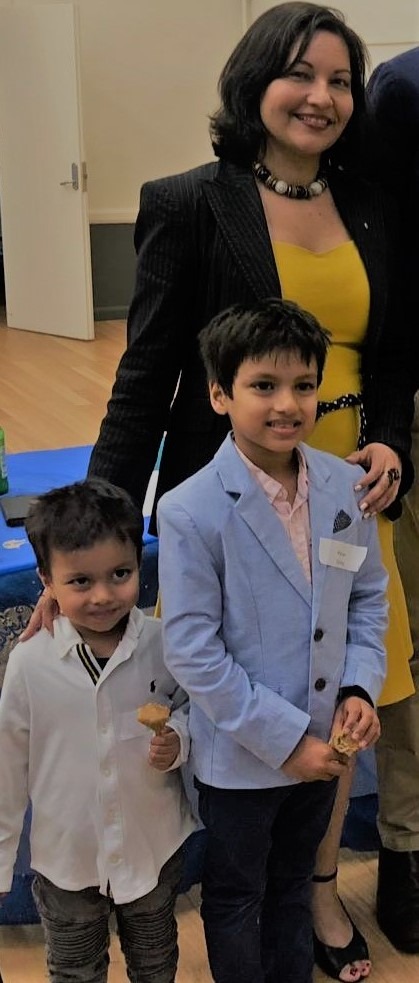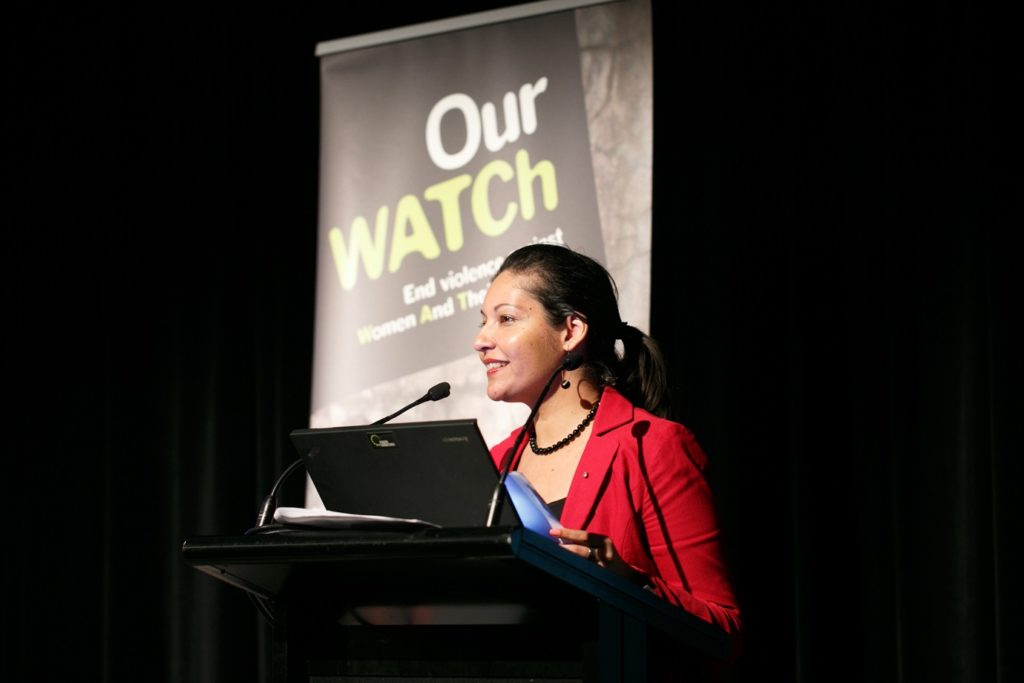Nervous, isolated and anxious – these are some of the feelings I’ve observed in women embarking on the highly emotional journey of giving birth to a baby. It can be challenging in the best of times, and during Covid-19, there’s the added dimension of fear and uncertainty for expectant or new mums.
Meanwhile, for many women experiencing domestic or family abuse, the need to stay indoors during lockdown has exacerbated their suffering, and/or adversely affected their ability to access help.
During Women’s Health week, which falls in the same week as R U OK day, I’m particularly thinking of these women, along with all women across Australia. Especially at this time as women are taking on so much of the added demands created by the pandemic.
Professor Ian Hickie, Co-Director, Health and Policy, at the Brain and Mind Centre, and the co-author of Road to recovery: restoring Australia’s mental wealth report, was recently quoted as stating that
“During lockdown, people have used their resources, they have used their savings, they have kept their businesses afloat, they have borrowed from their superannuation, they have been distressed about the social dislocation. We already know that rates of psychological distress are markedly increased, particularly in young people and in women and rates of suicidal ideation have gone up and we are already seeing this in presentations to EDs. [emphasis added]”
The increased use of technology has already led to a world where people communicate more via their mobile phone or computer, than in-person. In a world where we are more and more disconnected, coupled with the emphasis on keeping a physical distance, reduced social activity etc, how do we stay connected?
We have to find new and innovative ways to care for ourselves and for others. While the focus is often on mental health, it is important to take care of all aspects of our being. I’m a strong advocate of Wholistic Health (taking care of physical, mental, emotional and spiritual wellbeing).
Lockdown or reduced outdoor activity has taken its toll on physical exercise such as going to the gym, attendance at support groups and healthy eating. As the saying goes, “necessity is the mother of invention”, and I have certainly found unique ways to keep fit since the advent of the Covid-19 (such as an improvised indoor circuit!) There also seems to be a marked increase in yoga, dance and other exercise classes via Zoom.
The ability of women to participate in the workplace has, to some extent, been enhanced. One of my colleagues, who gave birth during Covid-19, has been able to attend team meetings via Zoom, while balancing taking care of her newborn baby. I recently spoke to a new mum juggling the start of a new business with her husband, as well as a new baby with no family in Australia. Video phone calls with her mother have provided some support for her to navigate the new journey of being a mother and understanding her baby.

How do we form meaningful connections in this age of increasing disconnection? There are free resources available on the “R U OK Website” including what to do after you say “R U Ok”? I try to meet family and friends face-to-face where possible. If that’s not possible, I try to arrange a video call so we can at least see each other’s faces. If a person seems unresponsiveness, it may be because they don’t want contact, or, it may actually be because they have built walls to cope with a mental crisis. It’s critical to make an extra effort to check on others is during this period, especially on those who struggle to ask for help, and/or internalise their pain. A small gesture of kindness can provide a glimmer of hope in the dark period of a person’s life.
Normalising and increasing the dialogue on wholistic health, mental health and coping strategies is also imperative. “R u ok” should be a regular, rather than annual conversation. That’s the least we can do for those who gave birth to us, or may be the caregivers for the next generation, and/or play such an integral role in our society.
Pallavi Sinha is a Lawyer & Notary Public. In October 2020, she’s organizing a Wholistic & Mental Health webinar in conjunction with the University of Sydney.
If you or anyone you know needs help, listed below are some numbers that you can contact:
Lifeline on 13 11 14
Kids Helpline on 1800 551 800
MensLine Australia on 1300 789 978
Suicide Call Back Service on 1300 659 467
Beyond Blue on 1300 224 636
Headspace on 1800 650 890
If you or someone you know is in need of help due to family and domestic violence contact 1800RESPECT on 1800 737 732.
In an emergency call 000.


